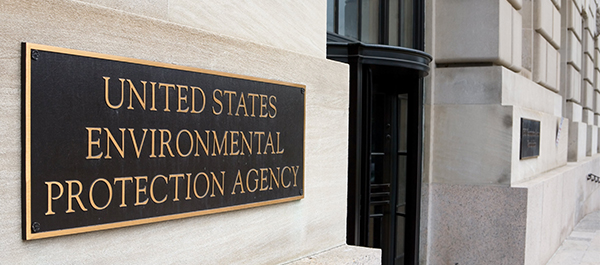EPA Enforcement Office Issues Interim Guidance on Cooperative Federalism to Regions

(February 6, 2018) – EPA’s Office of Enforcement and Compliance Assurance (OECA) issued a memo on January 22 -- Interim OECA Guidance on Enhancing Regional-State Planning and Communication on Compliance Assurance Work in Authorized States -- to all Regional Offices in order “to immediately begin the movement toward a more collaborative partnership between the EPA and authorized States.” Among other things, the document suggests that EPA is looking to allow states to play a more proactive role in enforcement issues, including the possibility of additional compliance assistance to help utilities with compliance concerns instead of immediate enforcement actions.
Signed by Susan Bodine, the Assistant Administrator for OECA, the document highlighted the focus of EPA’s draft Strategic Plan on cooperative federalism and compliance with the law. The Guidance provides clarity on expectations for EPA-state collaboration and lays the groundwork for the states to play a more significant role in environmental compliance.
- Joint work planning. The Guidance directs the Regions to conduct senior leadership meetings with each of their states to avoid surprises, put in place adequate procedures to communicate important compliance matters and share information on at least three topics: (1) compliance problems and priorities; (2) planning for inspections, including priorities and resource sharing; and (3) EPA audits of state programs.
- State primacy in authorized programs. The memo directs the regions to “generally defer to authorized States as the primary day-to-day implementer of their authorized/delegated programs.” The Guidance identifies nine exceptions to this directive including where states have not addressed a significant issue, in emergency situations or when there is a significant threat to public health; and to address widespread noncompliance problems.
- Evaluation of the interim guidance and limitations. Regions will provide progress reports to EPA headquarters, and EPA will update the Guidance based on the reports and input from states and other compliance partners, including the Environmental Council of the States (ECOS).
NACWA has long argued for greater federal deference to states around Clean Water Act enforcement issues, as well as for greater emphasis on compliance assistance, and is pleased the new enforcement memo signals progress in these areas. NACWA looks forward to working with EPA to further advance these concepts. Contact Amanda Waters, NACWA’s General Counsel, with any questions.